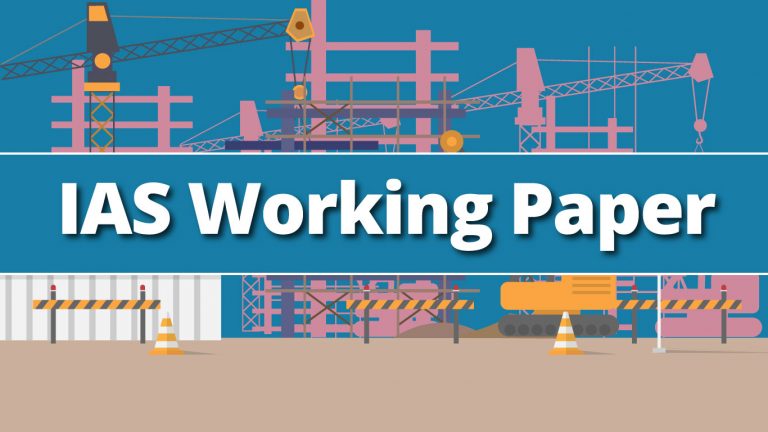The Institute of Asian Studies at Universiti Brunei Darussalam is pleased to announce the publication of IAS Working Paper No 72: Speaking for the Spirits: A Reflection on Knowledge, Expertise, and Methodology in Ethnographic Fieldwork on Religion by Lisa Arensen. Please see below for details.
Abstract: Our ways of representing the cosmological world are core issues in the reconfigured animism field in contemporary anthropology, as well as a recurring theme in the social sciences’ current interest in ontologies. This paper interrogates methodological questions of decisions regarding who to listen to as cosmological interlocuters in fieldwork, and how to interpret diverse perspectives and varied claims of expertise on the spirit-worlds. The work is an attempt to be transparent about the methodological untidiness of fieldwork on a topic upon which there seemed to be a very nebulous body of ideas and practice. Based on ethnographic fieldwork in the Kulen plateau in northwest Cambodia, I describe an expressed paucity of specialized knowledge about the nature of the cosmological inhabitants of the place. However, when it came to engaging with the spirit-worlds, mountain residents joined together in complex ritual practice. Cosmological knowledge was not held by one but many, and supernatural solutions were sought through a network of expertise and in community. I contrast the types of knowledge held by pilgrims to the mountain with that of its long-term residents, and discuss the challenges presented in observing and representing a varied cosmological ethnoscape in a sacred place.
Lisa Arensen is Assistant Professor of Environment and Sustainable Development in Asia at the Institute of Asian Studies, Universiti Brunei Darussalam. She is a social anthropologist and her research focuses on communities that have experienced environmental change, war, and displacement. Her work explores issues of vulnerability and resilience in social, cosmological and biophysical terms, especially as regards peoples’ complex and shifting relationships with natural and sacred landscapes.
To see more IAS Working Papers, please visit the IAS Working Papers web page.


